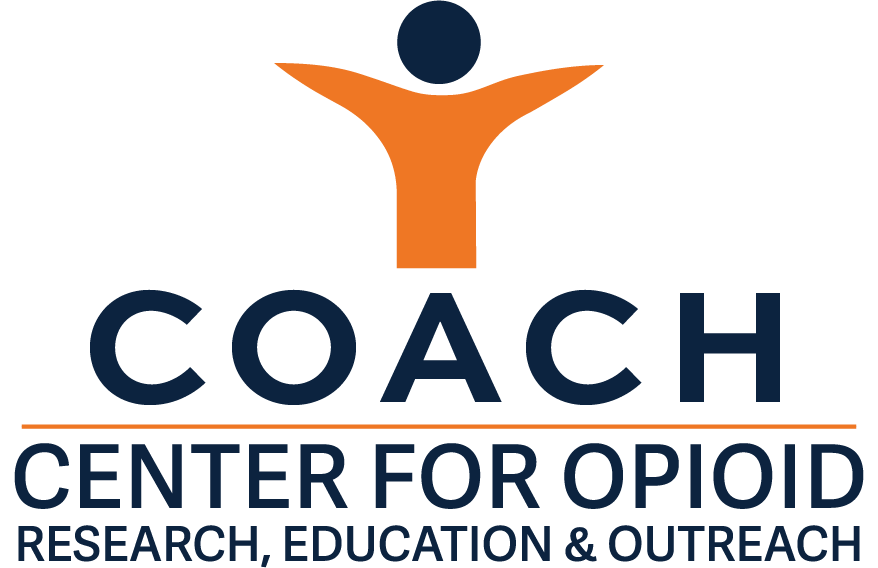COACH Fellows Program
COACH is comprised of Harrison College of Pharmacy faculty members across all disciplines: Pharmacy Practice, Drug Discovery and Development (DDD), and Health Outcomes, Research, and Policy (HORP). COACH affiliated research projects are collaborative efforts in which the research groups participate in partnerships with funding agencies from various federal and state government departments as well as private industry and foundations to conduct research and present educational programming throughout the State, region, and nation. Consistent with Auburn’s mission as a land grant institution, researchers affiliated with the center continue to work with Alabama agencies as well as those at the Federal level to investigate novel approaches for our citizens.
Against this background, COACH is well-positioned to advance program-level research efforts to expand collaborative efforts across the Auburn University landscape as well as institute research training opportunities in substance abuse/SUD research. In October 2023, COACH was awarded $100,000 in Mission Enhancement Funds from the Auburn University Office of the Provost. Funds were awarded to assist COACH in implementing a Research Fellowship Program. COACH research trainees (COACH Fellows) will become ideal candidates to compete for and participate in the Center for Clinical and Translational Sciences (CCTS) sponsored research awards (e.g., NIH TL2 and KL2 grant mechanisms) since fellows will learn to approach research projects with an understanding that substance use/SUD problems are individual, community-based, and healthcare system wide, and require a multi-disciplinary team effort to accomplish research goals.
The goals of the COACH Fellows Program will be to: 1) nurture connections between scholars and community partners that maximize the real-world impact of COACH research and address the distinctive needs of our region, 2) build core competencies around substance use and SUD research and how focused research can also impact regional health disparities, 3) provide mentorship, direct research experience, and grant writing development to launch young careers, and 4) provide skills, training, and educational experiences specific to each scholar aligned with one or more of the four high-level goals in the NIDA strategic plan (i.e., basic science, prevention, treatment, and public health).


